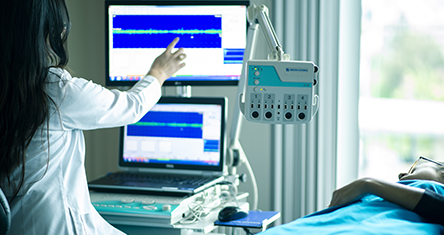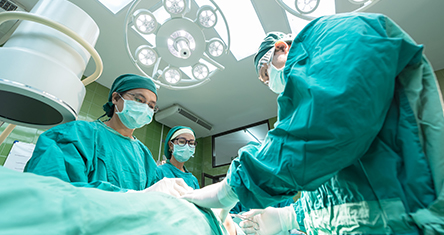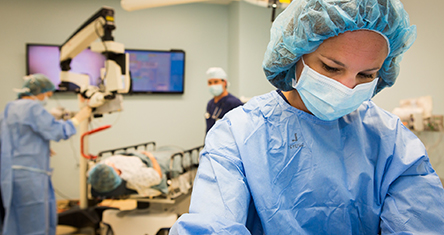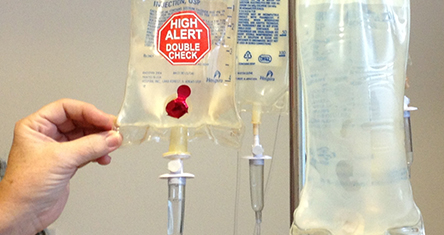At present, the mammogram is the recommended screening test for breast cancer. Guidelines at the age and frequency of mammograms change as more information is gathered, so check with your healthcare provider about what is right for you. Although it is not clear whether doing breast self examinations improve detection, women should be aware and look for changes in their breasts. Check with your healthcare provider about what is right for you.
We recommend the following screening guidelines from the leading European Cancer Hospital IEO in Milan, Italy:

women over twenty should perform self-examination regularly

women over twenty-five should undergo ultrasound

women over forty should get a mammogram

women with 2 or more family members with breast cancer, should consult their own doctor to assess the need to undergo genetic testing or, however, anticipate the first mammogram at age 35
Usually treatment for breast cancer begins a few weeks after a diagnosis. That gives you time to do these things:
There are several types of surgery associated with breast cancer:
Radiation therapy (also called radiotherapy) uses high-energy x-rays, or other types of radiation, to kill cancer cells or stop them from growing. There are two types:
Chemotherapy is the use of drugs to kill cancer cells. Chemotherapy for breast cancer is given if there is concern that the cancer might recur or spread to other parts of the body.




